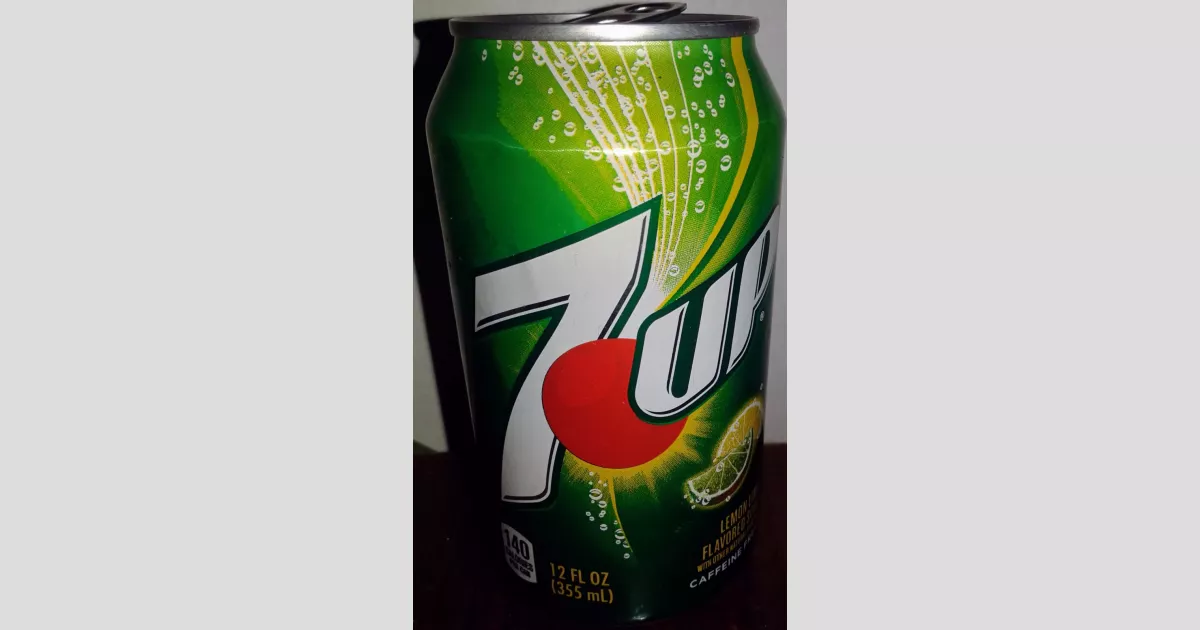7 Up, or Seven Up, is a non-caffeinated soft drink from America known for its lemon-lime flavor. Keurig Dr Pepper owns the brand and formula, but PepsiCo handles its international distribution.
1920: The Howdy Corporation is Founded
In 1920, Charles Leiper Grigg established his company, The Howdy Corporation, in St. Louis.
1929: 7 Up is Launched
7 Up was first launched in 1929.
1929: "Bib-Label Lithiated Lemon-Lime Soda" is Launched
Charles Leiper Grigg created the formula for a lemon-lime soda, initially called "Bib-Label Lithiated Lemon-Lime Soda", which launched two weeks before the Wall Street Crash of 1929.
1936: 7 Up Gets its Name
After being shortened to "7 Up Lithiated Lemon Soda", the name was further simplified to just "7 Up" in 1936.
1948: Lithium Citrate Removed from 7 Up
Originally containing lithium citrate, 7 Up's formula was changed in 1948 to remove the mood-stabilizing drug.
1957: "Fresh-Up Freddie" Appears in Zorro TV Series
"Fresh-Up Freddie", the rooster mascot for 7 Up, appeared during commercial intermissions on the 1957 Zorro TV series, engaging in comical fights with Pete the Cat.
1974: 7 Up Becomes First Corporate Sponsor of Jerry Lewis MDA Labor Day Telethon
In 1974, 7 Up made history by becoming the first corporate sponsor of The Jerry Lewis MDA Labor Day Telethon, at a time when sponsorships were primarily limited to trade unions and civic organizations.
1978: 7 Up is Sold to Philip Morris
After being privately owned by its founding families, the 7 Up company was sold to Philip Morris in 1978.
1986: Philip Morris Divests 7 Up
Philip Morris sold the international division of 7 Up to PepsiCo and the US business to a group led by Hicks & Haas in 1986.
1987: Spot Introduced as 7 Up Mascot
7 Up introduced "Spot", the anthropomorphized red-orange dot from its logo, as its mascot in 1987.
1991: 7 Up Sponsors Jordan Grand Prix
7 Up became a sponsor for Jordan Grand Prix's Jordan 191 in 1991, the car driven by Michael Schumacher in his first Formula One race.
1993: "Cool Spot" Video Game Released
The 7 Up mascot, Spot, was featured in the 1993 platform video game "Cool Spot".
1995: Cadbury Schweppes Acquires 7 Up and Dr Pepper
Cadbury Schweppes bought the combined company of 7 Up and Dr Pepper in 1995.
2002: The 7 Up Christmas on Ice Begins
The 7 Up Christmas on Ice, an annual ice rink event in Ireland, was first held in 2002.
2006: 7 Up Reformulated for "100% Natural" Claim
The US version of 7 Up was reformulated in 2006, removing calcium disodium EDTA and replacing sodium citrate with potassium citrate, to market the product as "100% natural".
2007: 7 Up Drops "100% Natural" Marketing
Facing potential legal action from the Center for Science in the Public Interest, 7 Up stopped being marketed as "100% natural" in 2007 and instead promoted its "100% Natural Flavors".
2007: Cadbury Schweppes Partners with Vita Food Products
In 2007, Cadbury Schweppes partnered with Vita Food Products to create a line of barbecue sauces and marinades using Dr Pepper, 7 Up, and A&W Root Beer flavors.
2008: Dr Pepper Snapple Group is Formed
The Dr Pepper Snapple Group, including 7 Up, was spun off from Cadbury Schweppes in 2008.
January 2009: Cherry 7 Up Antioxidant Introduced
In January 2009, Cherry 7 Up Antioxidant was introduced, featuring a reformulated recipe.
2009: Diet Cherry 7 Up Antioxidant Introduced
Diet Cherry 7 Up was reformulated and introduced as Diet Cherry 7 Up Antioxidant in 2009.
2009: The 7 Up Christmas on Ice Ends
The 7 Up Christmas on Ice, held in various towns and cities across Ireland, came to an end in 2009.
2011: 7 Up Retro Test Marketed
In 2011, 7 Up tested a formula called "7 Up Retro", using sugar instead of HFCS, with labels stating "Made With Real Sugar".
2012: Antioxidant Line Discontinued
The antioxidant line of 7 Up, including Cherry 7 Up Antioxidant, was pulled from shelves in 2012 due to controversy surrounding the potential health effects of antioxidant drinks. The original formula returned.
2013: Diet Cherry 7 Up Returns to Original Formula
Diet Cherry 7 Up reverted to its original formula in 2013.
2018: Keurig Dr Pepper is Formed
In 2018, the Dr Pepper Snapple Group, which included 7 Up, merged with Keurig Green Mountain to form Keurig Dr Pepper.
2020: Diet 7 Up Rebranded as 7 Up Zero Sugar
Diet 7 Up was reformulated and rebranded as 7 Up Zero Sugar in late 2020.
2020: Diet Cherry 7 Up Rebranded
Diet Cherry 7 Up was rebranded as Cherry 7 Up Zero Sugar in late 2020.
Mentioned in this timeline

Christmas is an annual festival celebrated on December th commemorating...
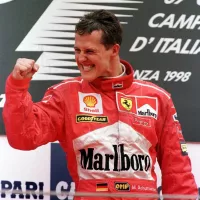
Michael Schumacher is a retired German Formula One racing driver...

A car also known as an automobile is a wheeled...
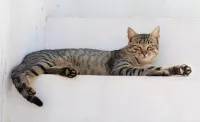
The domestic cat is a small domesticated carnivorous mammal and...
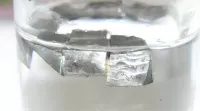
Lithium Li atomic number is a soft silvery-white alkali metal...
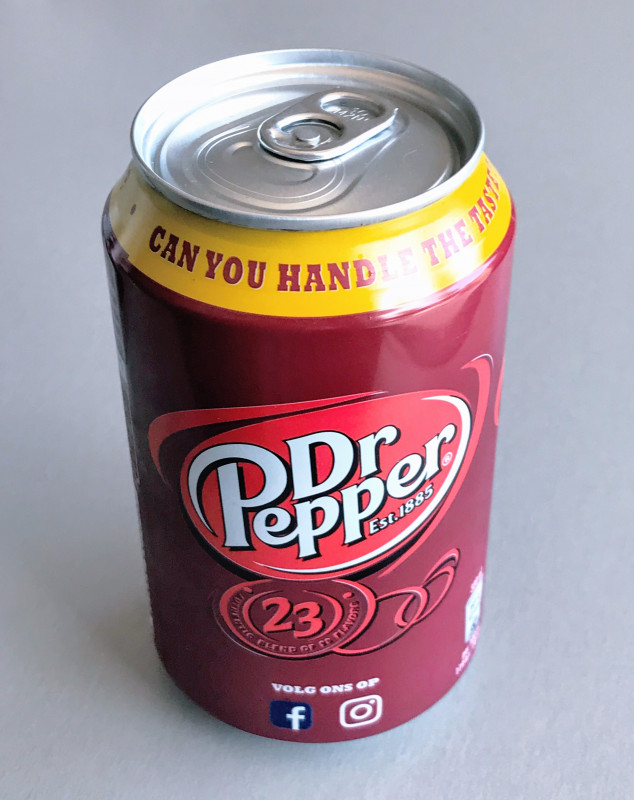
Dr Pepper is a carbonated soft drink invented by pharmacist...
Trending
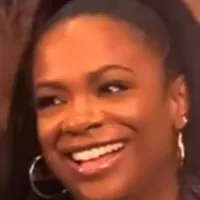
45 minutes ago Kandi Burruss and Todd Tucker face divorce drama: rent, childcare costs disputes rise.

45 minutes ago Dolphins Release Bradley Chubb, Two-Time Pro Bowler, After Four Years

46 minutes ago Dove Cameron's link to chilling murders, new streaming roles on Netflix, Apple TV.
46 minutes ago Sarah Michelle Gellar stuns with leggy looks and 'Buffy' remembered 25 years later.
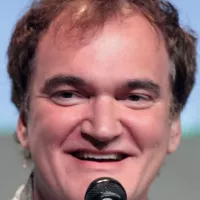
46 minutes ago Quentin Tarantino and Simon Pegg Unite for New Movie 'Only What We Carry'
2 hours ago Australia faces Sri Lanka in T20 World Cup, Super Eights spot at stake.
Popular

Kid Rock born Robert James Ritchie is an American musician...
Randall Adam Fine is an American politician a Republican who...

Pam Bondi is an American attorney lobbyist and politician currently...

Barack Obama the th U S President - was the...
The Winter Olympic Games a major international multi-sport event held...

XXXTentacion born Jahseh Dwayne Ricardo Onfroy was a controversial yet...
